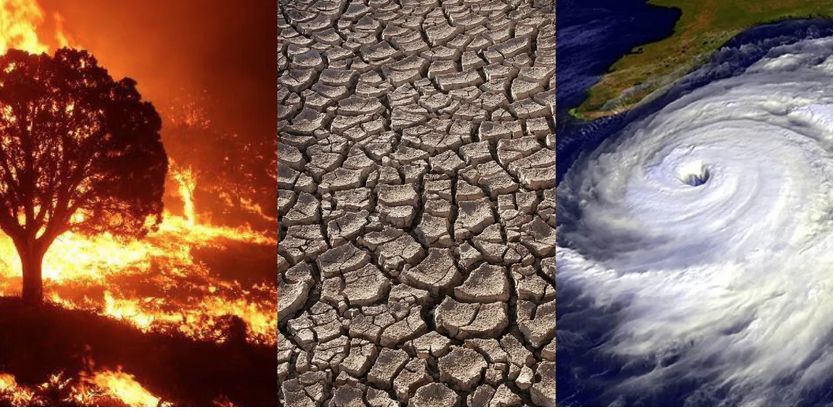Eat, bike, protest.

Does it matter what I do? What you do? In the face of intensifying climate change and inadequate response to humanity's situation, it's a good question.
I will argue that the answer is an unqualified YES. Most positive change in national or world policy is not only slow, but also comes from the ground up – from people demanding it, and showing by their actions that they mean what they say.
Your approach to living as it impacts climate change may feel like a single atom in the universe, but it matters. It makes an impression. If you...
-Stop eating animals and animal products, and support eco-friendly plant-based alternatives on the market. By doing so, you will cut your individual carbon footprint by up to 73 percent, according to a study by University of Oxford.
-If you can, go solar for your home energy. Advocate for more solar and other lower impact energy generation in your region.
-Travel less, and by the most efficient means possible. Transport accounts for about a quarter of global CO2 emissions. This linked chart compares types of transport and their carbon footprints. Walk, bike, use public transportation, and make any next vehicle an EV or plug-in hybrid. Take fewer plane trips.
-Protest war. War is not only cruel and primitive, but it is also an often overlooked major contributor to climate change, both during and after a conflict. Read more about how military conflict affects the planet itself.
-Reduce waste. Make climate-forward choices when you shop. Move away from the habit of continuous consumption toward a more conscious and materially conservative lifestyle.
-Speak out. Tell elected officials, policymakers, business leaders, and people you know that we must halt the emissions that are rapidly changing the climate and are on target to make parts of the planet uninhabitable within a century or less.
Admittedly, it is challenging to change. (It's a process for this author, for sure.) You may do better with some lifestyle modifications than others. But moving toward the understanding that climate is an urgent existential crisis, and that governments and others in power are slow to act, can help us understand that we each must be part of a massive movement demanding the right to a sustainably livable earth.
We are the influencers.